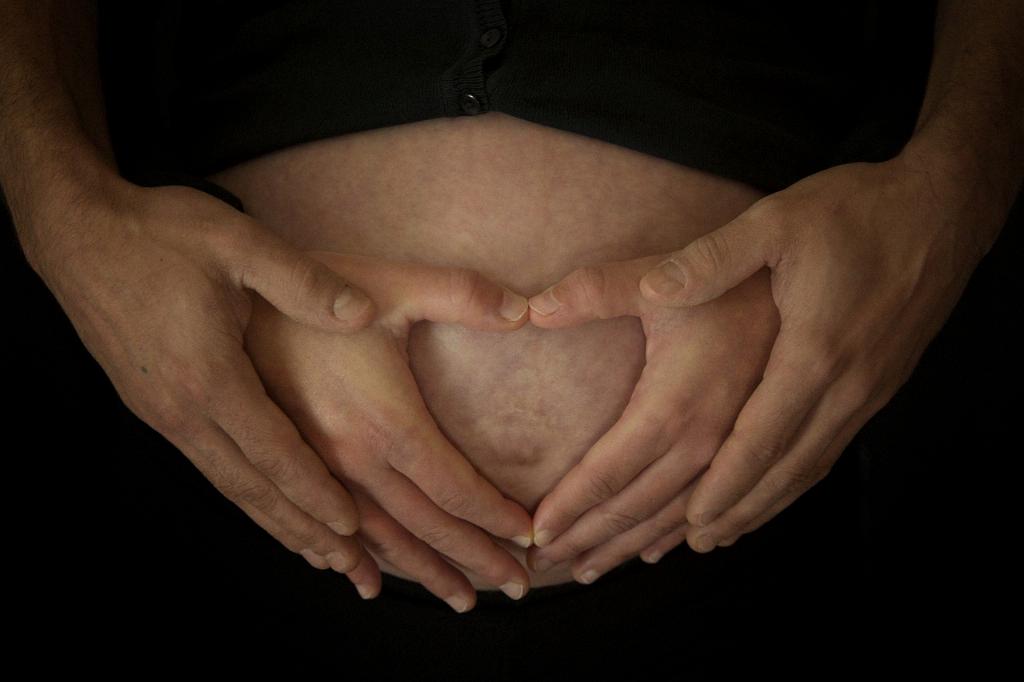One of the common questions that many women have when suspecting a pregnancy is, “How quickly do I know if I’m pregnant?” The answer to this question lies in understanding the timing of when to take a pregnancy test. Most experts recommend waiting until the first day of a missed period to take a pregnancy test. This is usually around two weeks after you think you might have conceived.
Understanding the Menstrual Cycle
Knowing when to expect your period is crucial in determining when to take a pregnancy test. The menstrual cycle typically lasts around 28 days, with ovulation occurring in the middle of the cycle. If conception takes place during ovulation, it will be about two weeks before a missed period occurs.
Early Signs of Pregnancy
While waiting for a missed period to take a pregnancy test, many women may notice early signs and symptoms of pregnancy. These can include nausea, fatigue, breast tenderness, and frequent urination. However, these symptoms can also be attributed to other factors, so a pregnancy test is the most accurate way to confirm pregnancy.
Types of Pregnancy Tests
There are two main types of pregnancy tests: urine tests and blood tests. Urine tests, which are commonly available over the counter, detect the presence of the hormone hCG in your urine. Blood tests, performed by healthcare providers, can detect hCG earlier than urine tests.
Accuracy of Pregnancy Tests
Pregnancy tests are highly accurate when used correctly. Most urine tests claim to detect pregnancy as early as the first day of a missed period. However, waiting a few days after a missed period can increase the accuracy of the test results.
Factors Affecting Pregnancy Test Results
Several factors can affect the results of a pregnancy test, including the timing of the test, the sensitivity of the test, and how well the test is performed. It’s important to carefully follow the instructions provided with the test to ensure accurate results.
Consulting a Healthcare Provider
If you suspect you are pregnant but receive a negative test result, it’s recommended to consult with a healthcare provider. They can perform a blood test, which is more sensitive and can detect pregnancy earlier than urine tests.
Confirming Pregnancy
If a pregnancy test comes back positive, it’s important to schedule an appointment with a healthcare provider for confirmation and to discuss prenatal care. Early detection of pregnancy allows for timely initiation of prenatal care for both the mother and the baby.
Next Steps
After confirming pregnancy, it’s essential to begin taking prenatal vitamins, making necessary lifestyle adjustments, and scheduling regular prenatal check-ups. Your healthcare provider will guide you through the pregnancy journey and address any concerns you may have.
Emotional Considerations
Finding out that you are pregnant can elicit a range of emotions, from excitement to anxiety. It’s normal to have mixed feelings about this significant life change. Seeking support from loved ones and healthcare providers can help navigate this emotional journey.
Conclusion
Knowing how quickly you can know if you’re pregnant involves understanding the timing of when to take a pregnancy test. By waiting until the first day of a missed period and following the instructions provided with the test, you can accurately determine if you are pregnant. Consulting with a healthcare provider for confirmation and prenatal care is essential for a healthy pregnancy.

